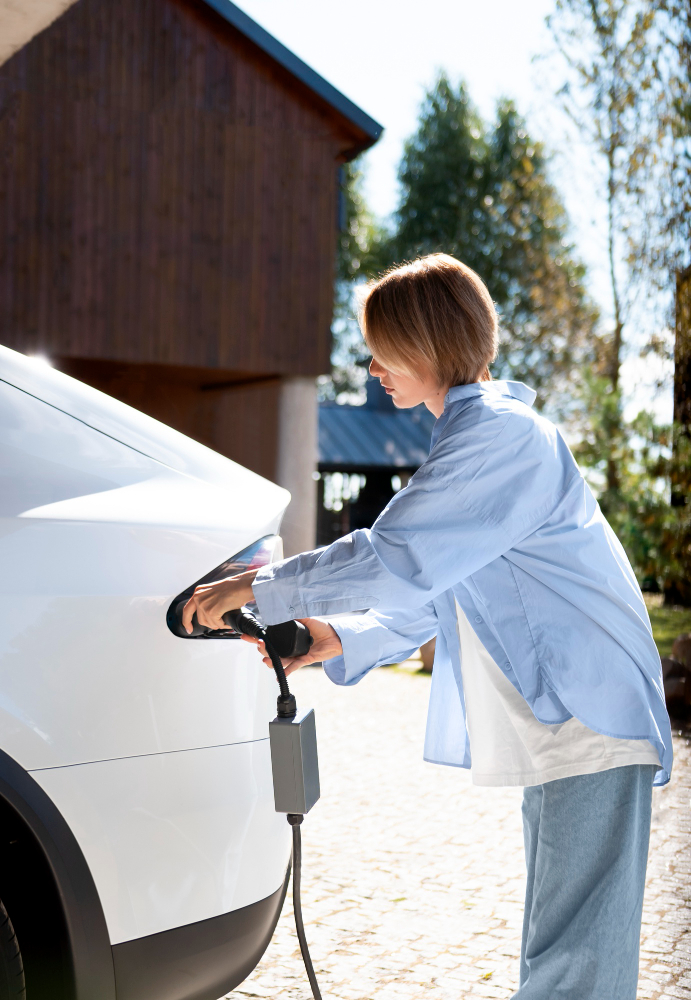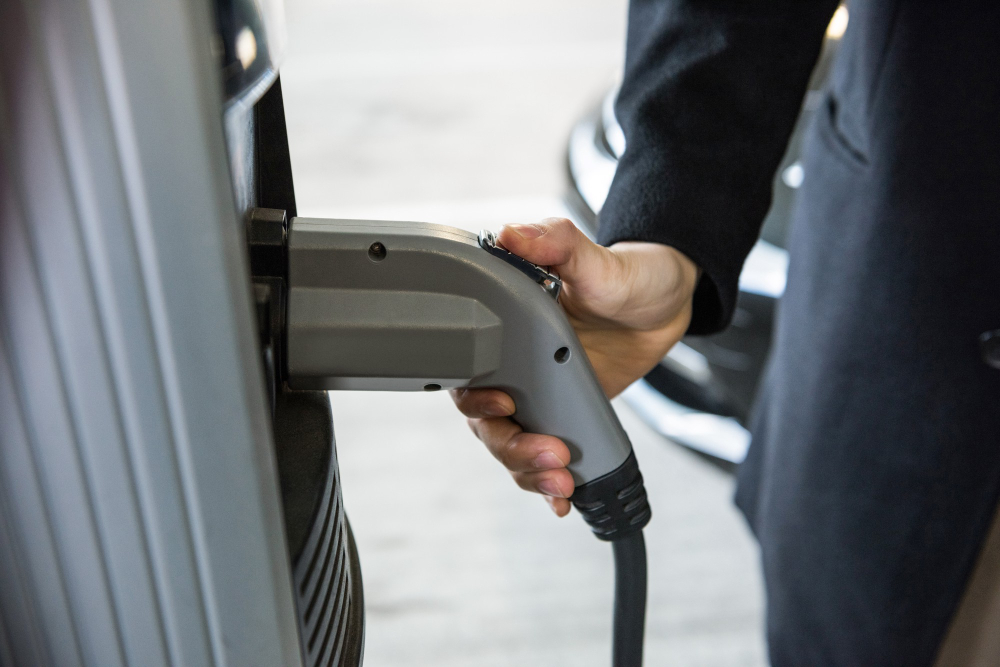When you’re new to driving an electric vehicle (EV), one of the key questions you might have is how many kilowatts (kW) it takes to charge your car. Understanding this can help you plan your charging routine and get a sense of the energy costs involved. Let’s break it down.
What Does a Kilowatt Mean for Charging?
A kilowatt (kW) measures the rate of power being transferred. For EVs, this tells you how quickly a charger can deliver energy to your car’s battery.
Then there’s the term kilowatt-hour (kWh). This measures the total amount of energy your battery can store. For example, if your car has a 50 kWh battery, that’s the amount of power it can hold when fully charged. The time it takes to charge depends on the charger’s kW output and how much energy your car can accept at once.

Types of Chargers and Their Power Outputs
The type of charger you use makes a big difference in how quickly your car charges.
- Level 1 Chargers (3-Pin Plug)
- Power Output: 2-3 kW
- Charging Speed: Adds 6-10 miles of range per hour.
- Best For: Overnight charging or occasional use.
- Level 2 Chargers (Home or Workplace)
- Power Output: 7-22 kW
- Charging Speed: Adds 20-75 miles of range per hour.
- Best For: Everyday home charging or businesses with EV fleets.
- Fast and Rapid Chargers (Public Locations)
- Power Output: 43-350 kW
- Charging Speed: Adds up to 200 miles in as little as 30 minutes with high-powered options.
- Best For: Long trips or when you need a quick top-up.
How Many Kilowatts Do You Actually Need?
The answer depends on a few things:
- Battery Size: Larger batteries, like those in bigger EVs, will need more kilowatts to fully charge.
- Charger Speed: A 7 kW home charger will work fine for most drivers, but if you’re using a 3-pin plug, it will take a lot longer.
- Vehicle Compatibility: Not all EVs can take advantage of faster chargers, so check the maximum charging speed for your car.
How Much Energy Does It Use?
To work out how much energy you’ll use, start with your car’s battery capacity. For example:
- A car with a 50 kWh battery will need 50 kWh to fully charge.
- If you’re using a 7 kW charger, it will take just over 7 hours to go from empty to full.
Efficiency plays a role too. Some energy gets lost during charging, but most chargers are around 90-95% efficient.

What Does It Cost to Charge?
Here’s a simple formula to calculate charging costs:
Cost (£) = Battery Size (kWh) × Electricity Rate (p/kWh)
For example, if your electricity rate is 30p per kWh and your car has a 50 kWh battery:
50 × 0.30 = £15 for a full charge.
Using a home charger with smart scheduling can help you take advantage of off-peak rates, cutting your costs even further.
Why a Home Charger Is Worth It
Installing a dedicated home EV charger makes charging more convenient and much faster than relying on a 3-pin plug. A 7 kW home charger is ideal for overnight charging, while faster options are great if you have a larger EV or need to charge quickly.
At The Full EV, we help you choose the best charger for your home or workplace and install it professionally. Our chargers come with smart features to make your life easier, like scheduling and energy usage tracking.
Ready to Charge Smarter?
Understanding how many kilowatts you need to charge your EV is a great first step in planning your charging routine. Whether you’re charging at home, work, or on the go, having the right setup makes all the difference.
We’re here to help. Get in touch with The Full EV today to find the perfect charger for your needs and enjoy seamless, professional installation.


